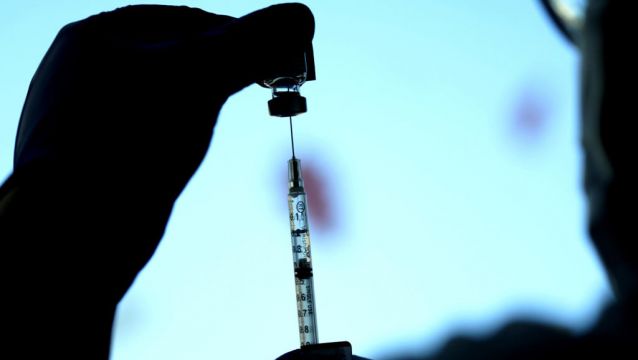A professor of immunology has warned the public against equating Covid-19 with the flu virus, amid the rollout of second booster vaccine doses to certain cohorts of the population.
Professor of comparative immunology at Trinity College Dublin, Cliona O'Farrell, advised people not to be complacent about presenting for their second booster jab if they are eligible to receive it.
Despite many cases of the virus being mild, she cautioned that long Covid remains little-understood and is a major concern for the health service.
Prof O'Farrell told the Today with Claire Byrne on RTE Radio 1 that she understands people are looking at Ireland's overall high vaccination rates and the fact that the BA.2 wave is receding, and wondering whether they need to have the new booster.
"There is evidence that those of us who are a little bit older, that our antibody responses wane to this particular virus. The advice is to get the booster and I would certainly take that advice," she said.
"At the moment (the second booster) is for those greater than 65 and for (immuno)compromised people. Very good decisions are being made around this. We have one of the most successful role outs of a vaccine across the world so I think we are in very good hands with the advice we are getting."
Long Covid
Prof O'Farrell said people also have to be conscious of the potentially detrimental impact of long Covid when they are making decisions about attending for their next jab.
"(Long Covid) is a big worry for the health service. While the vast majority of people clear the virus without any subsequent effects, there is a significant proportion of people who are having a whole range of different after-infection effects," she said.
"Post-viral syndrome. The aftereffects of viral infection is hugely diverse and we really do not understand it. It has nothing to do with the severity of the infection."
Meanwhile, Prof O'Farrell said 15,000 people have contacted her since she issued an appeal to RTE listeners, asking for feedback from those who have yet to contract Covid and believe they are somewhat Covid resistant.
"We got an enormous response. 15,000 people have contacted us who in some way think they are resistant. It is probably going to be one of the largest civil science projects ongoing in the country."







